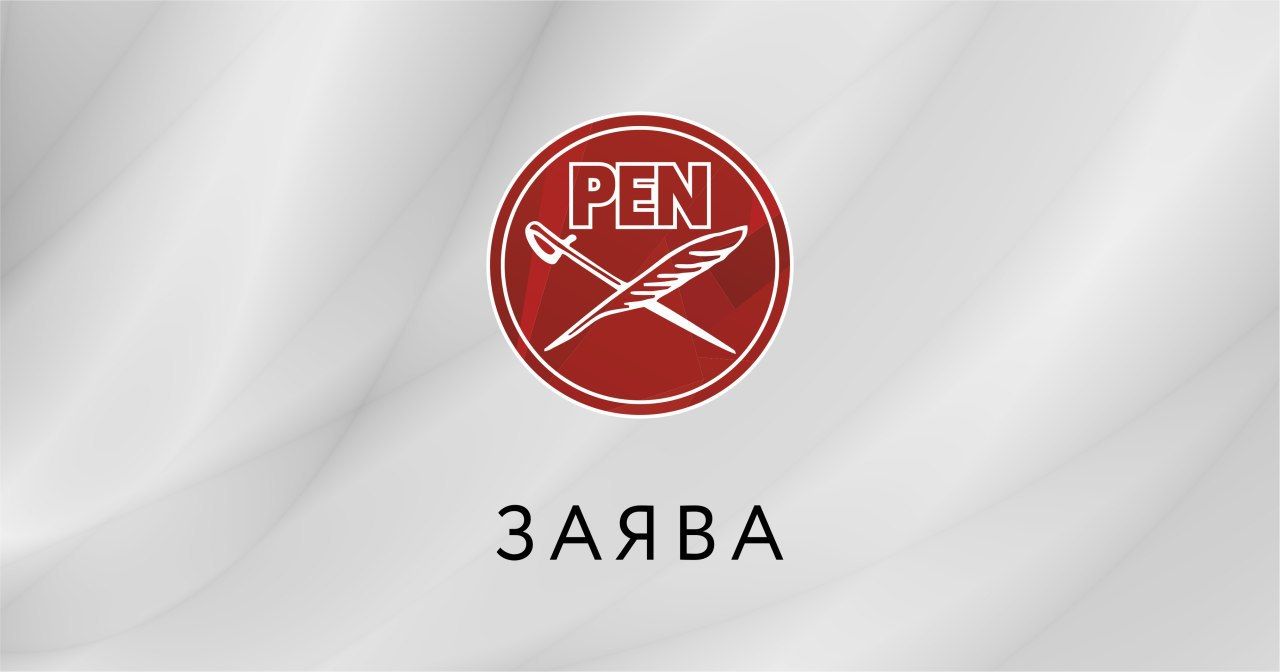
In response to the criminal prosecution and pre-trial detention under Article 361-1 of the Criminal Code (creation of an extremist group or participation in it) of Iryna Piartsova, Pavel Sakalou and Katsiaryna Makarevich for creating and leading several groups in the Telegram messaging application, we, representatives of the human rights community of Belarus, declare the following:
Under the International Covenant on Civil and Political Rights, everyone has the right to freedom of opinion; everyone has the right to freedom of expression; this right includes freedom to seek, receive and impart information and ideas of all kinds, regardless of frontiers, either orally, in writing or in print, in the form of art, or through any other media of his choice. Everyone has the right to freedom of association with others, including the right to form and to join trade unions for the protection of their interests. The exercise of these rights is not subject to any restrictions other than those provided by law and necessary in a democratic society in the interests of national or public security, public order, public health and morals, or the protection of the rights, freedoms and reputation of others.
It should be noted that the criminal case was opened, the charges were brought and the above people were imprisoned before their chats and groups were labeled as “extremist groups”. In the absence of any facts of commission of extremist crimes by the above people, any reference to the existence of the purpose of their commission can only be confirmed by sufficient admissible evidence, in the absence of which the accusation under Article 361-1 of the Criminal Code cannot be lawful.
In addition, Iryna Piartsova, together with Yuliya Labunova and Artsiom Latyshau, were arrested and charged under Part 2 of Art. 339 of the Criminal Code (hooliganism) for staging a performance during which a plaque reading “Aliaksandr Lukashenka. 30.08.1954-30.08.2021” and a portrait of Lukashenka with a black ribbon were attached to a tombstone cross. They then uncorked a bottle of champagne and poured the contents onto the grave.
We further note that opponents of the authorities are unjustifiably detained before trial in the absence of sufficient grounds for restricting personal liberty. As the UN Human Rights Committee notes, “remand in custody on criminal charges must be reasonable and necessary in all the circumstances.”
“Detention in custody of persons awaiting trial shall be the exception rather than the rule. […] release from such custody may be subject to guarantees of appearance, including appearance for trial, appearance at any other stage of the judicial proceedings and (should occasion arise) appearance for execution of the judgment. That sentence applies to persons awaiting trial on criminal charges, that is, after the defendant has been charged, but a similar requirement prior to charging results from the prohibition of arbitrary detention […]. It should not be the general practice to subject defendants to pretrial detention. Detention pending trial must be based on an individualized determination that it is reasonable and necessary taking into account all the circumstances, for such purposes as to prevent flight, interference with evidence or the recurrence of crime. The relevant factors should be specified in law and should not include vague and expansive standards such as “public security”. […] Neither should pretrial detention be ordered for a period based on the potential sentence for the crime charged, rather than on a determination of necessity.”
These persons did not call for violent actions on national, ethnic, racial or religious grounds.
We emphasize once again that in the above cases the actions of the accused were a consequence of the lack of freedom of expression. They were caused by the authorities’ failure to investigate crimes against peaceful protesters and other victims of ill-treatment and torture, together with disappointment in the government’s ability to stop lawlessness.
Assessing these cases of criminal prosecution, we conclude that there is in each of them a political motive for prosecution.
According to para. 3.2 of the Guidelines on the Definition of Political Prisoners, a political prisoner is a person deprived of liberty if, for political reasons, he or she is persecuted for at least one of the following reasons:
a) the detention has been imposed in violation of the right to a fair trial, other rights and freedoms guaranteed by the International Covenant on Civil and Political Rights or the European Convention for the Protection of Human Rights and Fundamental Freedoms;
d) the person has been detained in a discriminatory manner as compared to other persons.
We, representatives of the Belarusian human rights community, declare that the persecution of Iryna Piartsova, Pavel Sakalou, Katsiaryna Makarevich, Yuliya Labunova, Artsiom Latyshau and Siarhei Vinakurau is politically motivated, and the detainees are therefore political prisoners.
In this regard, we call on the Belarusian authorities to:
- review the measures and procedural decisions taken against them, respect their right to a fair trial and eliminate the factors that influenced the decision to enforce pre-trial detention;
- immediately release all political prisoners and end political repression.
Human Rights Center “Viasna”
Legal Initiative
PEN Belarus
Barys Zvozskau Belarusian Human Rights House
Belarusian Helsinki Committee
Lawtrend
Belarusian Association of Journalists
